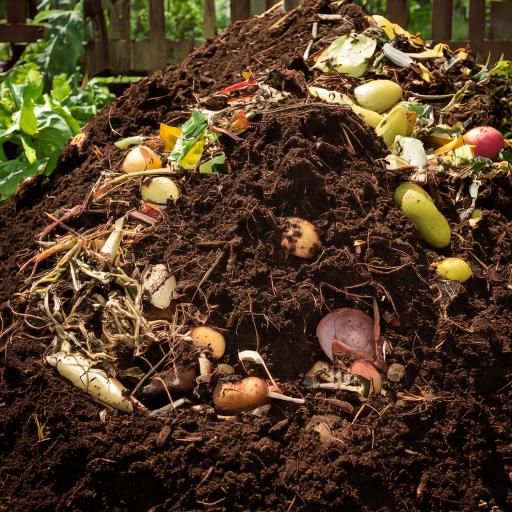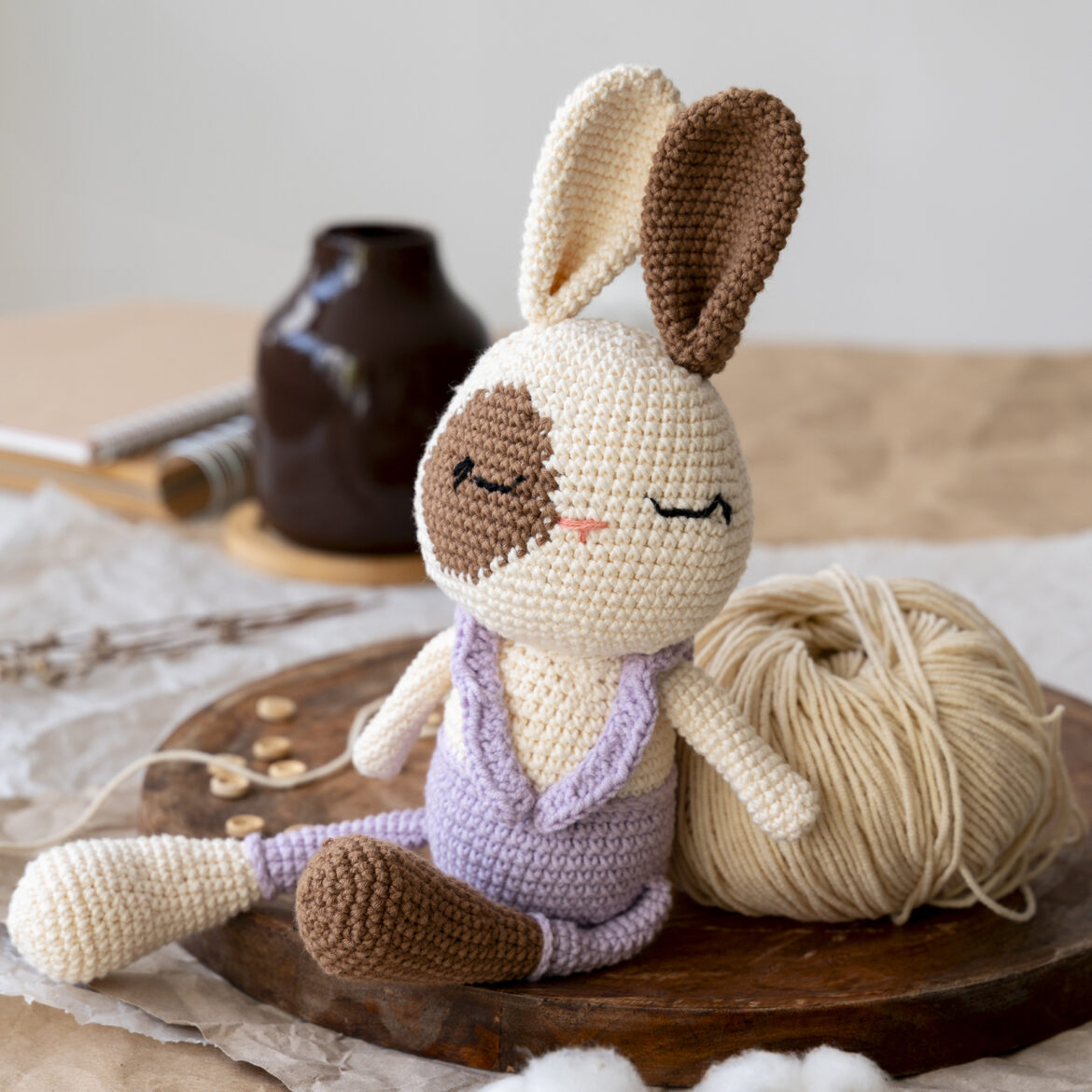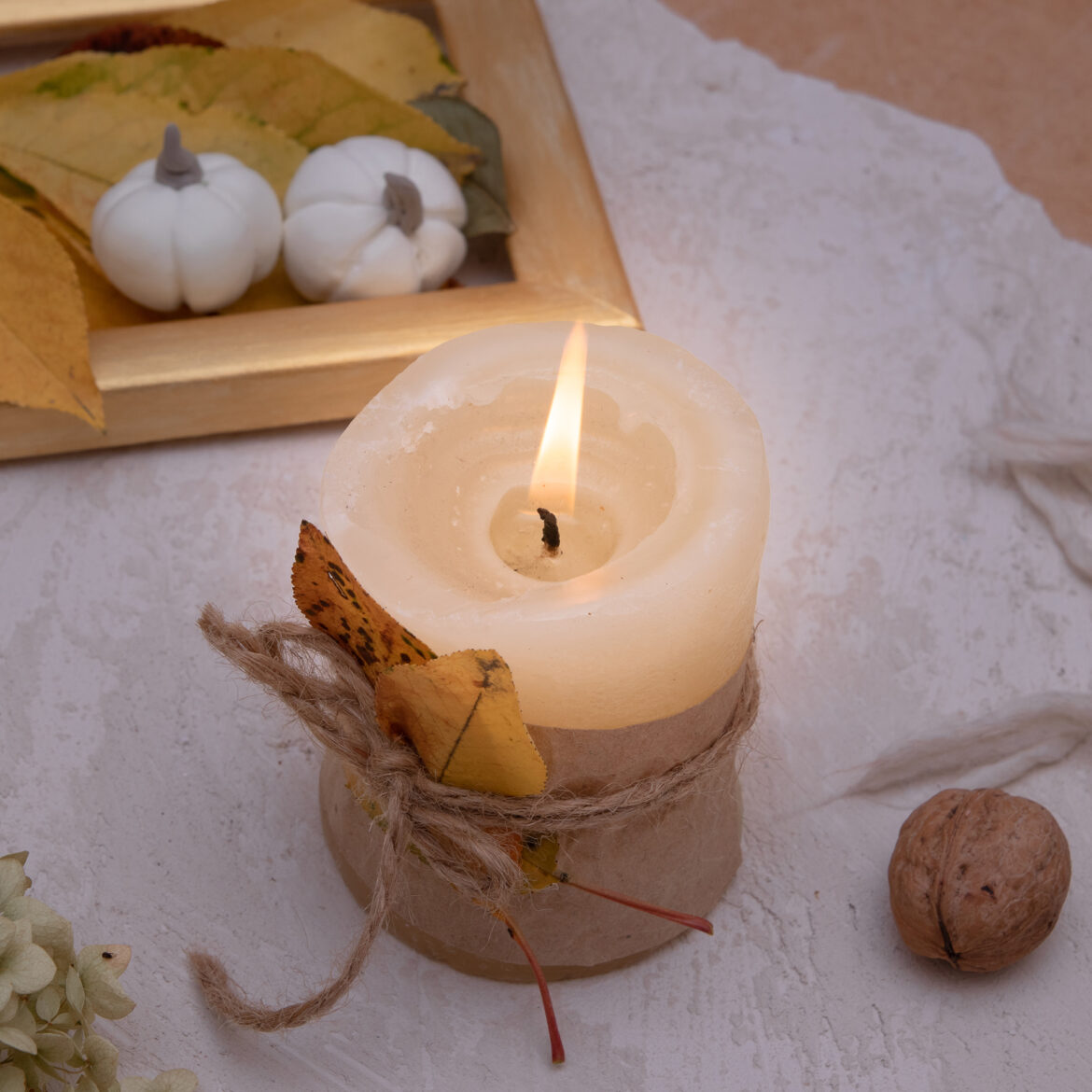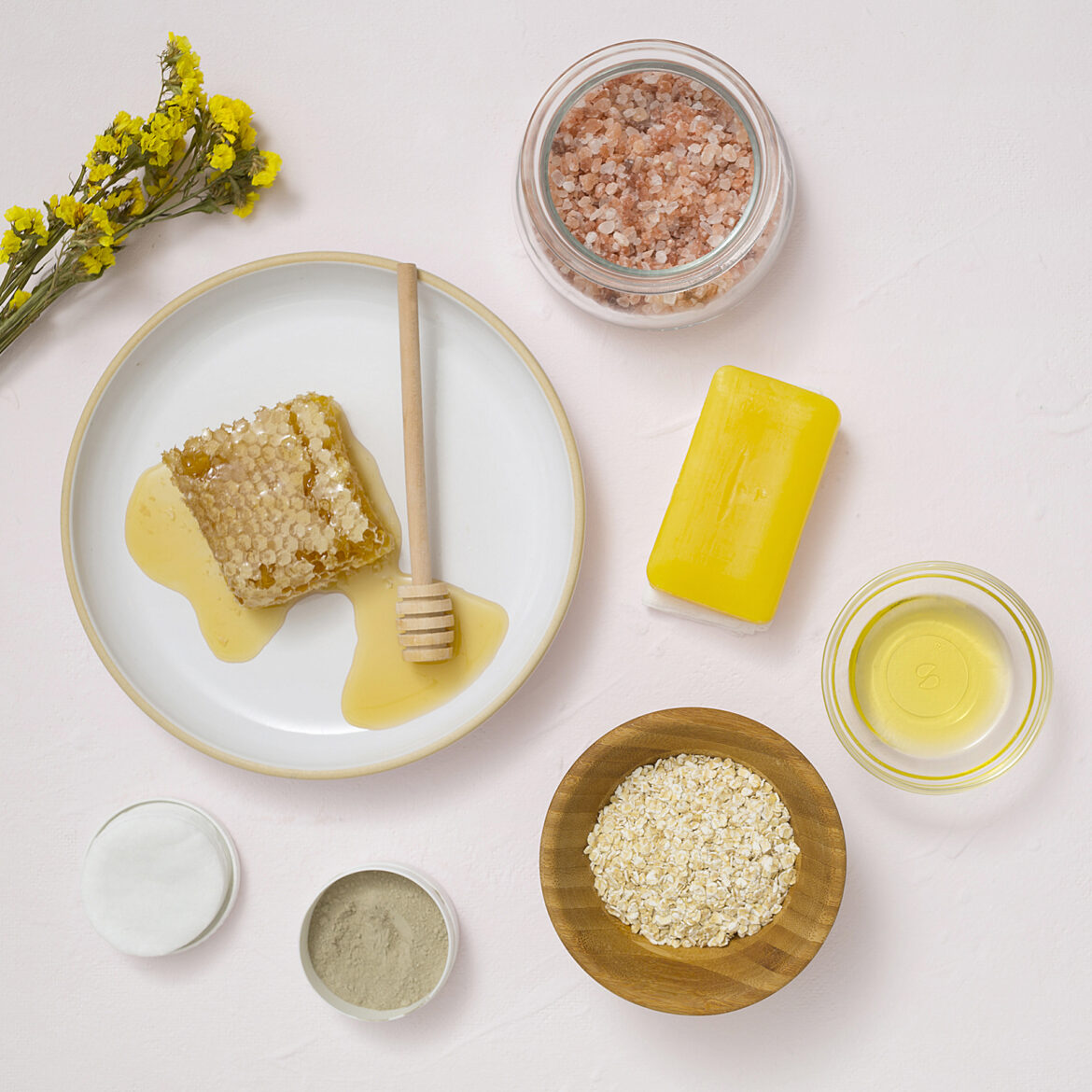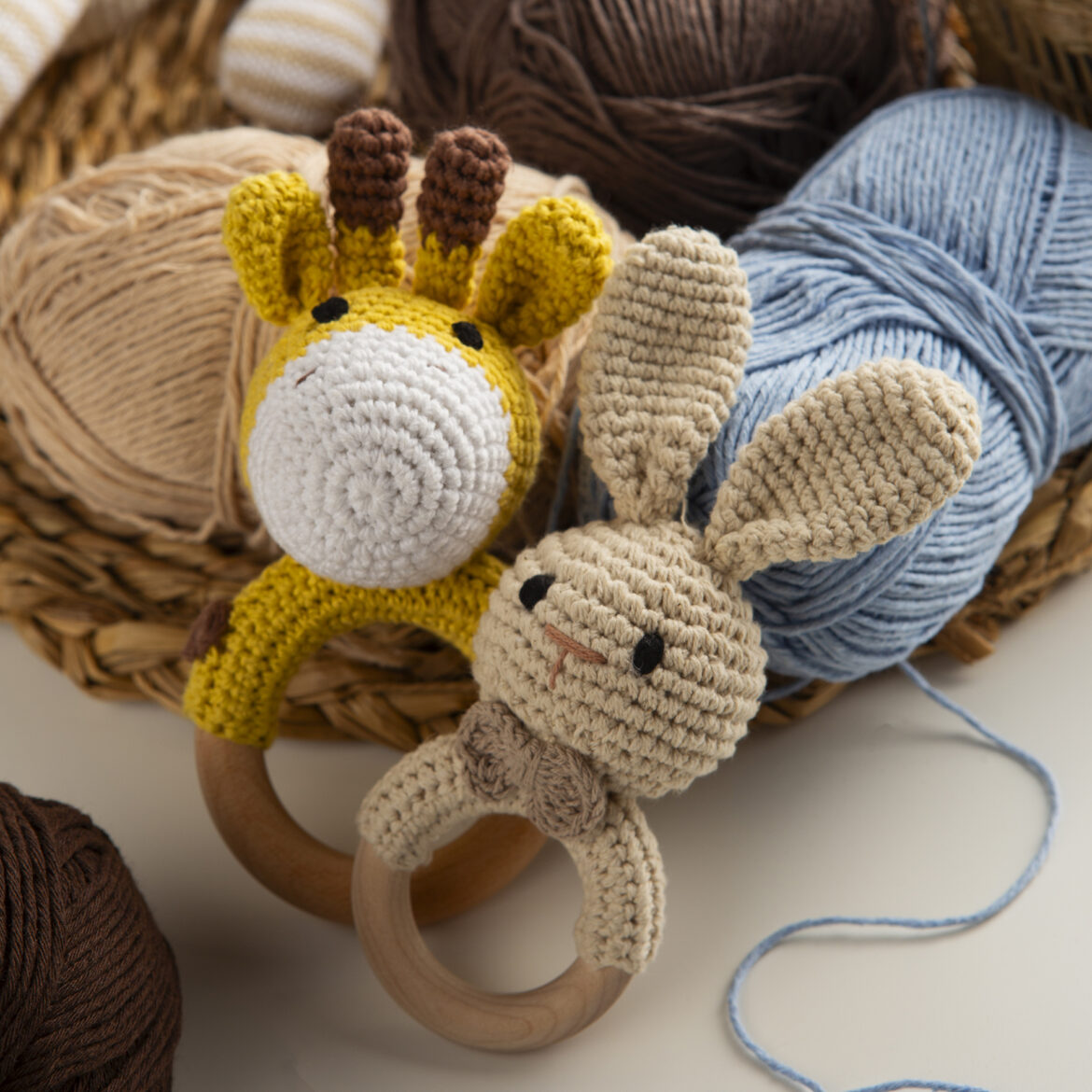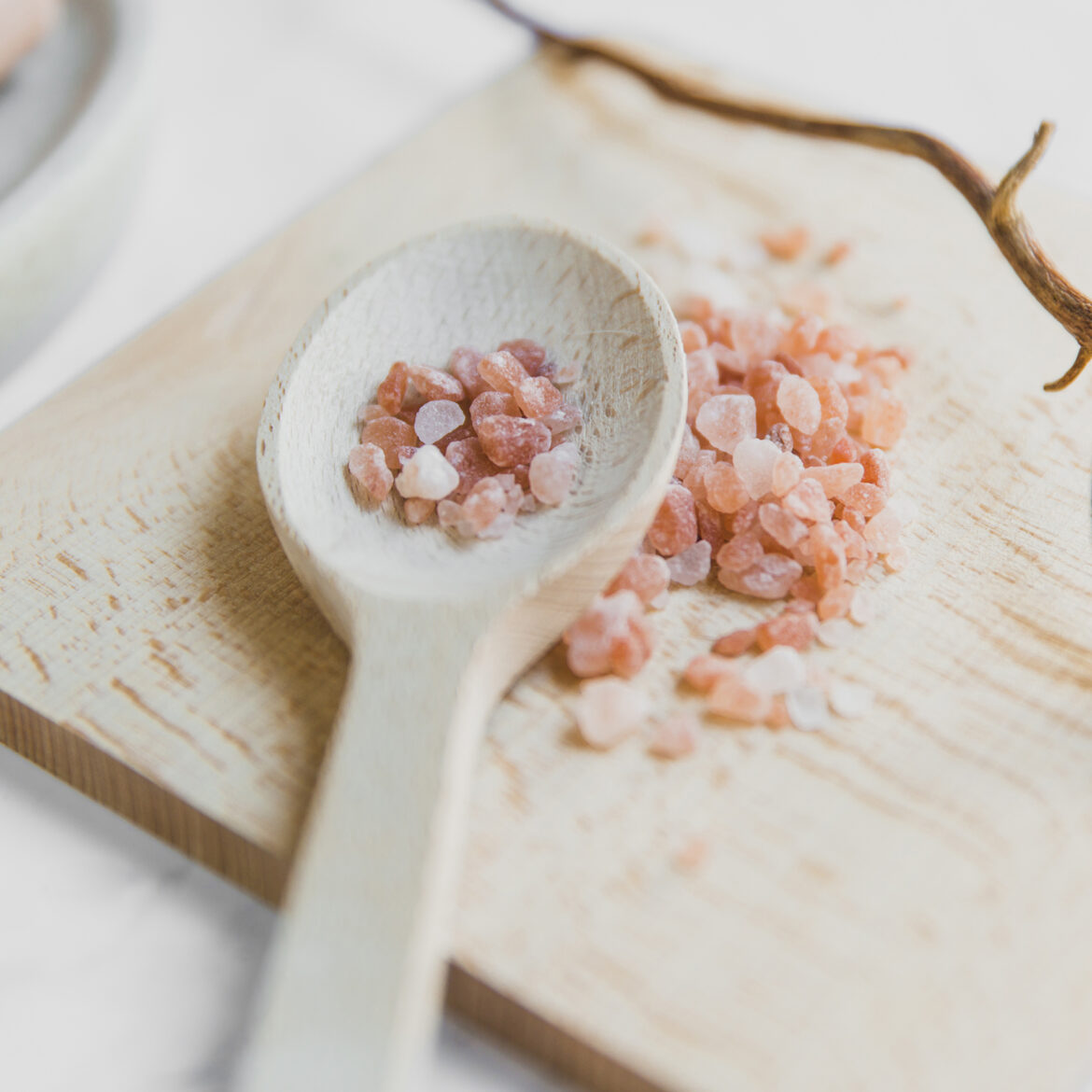Gardening Tips: How to Keep Your Plants Thriving Year-Round
Caring for plants is both an art and a science. Whether you’re a seasoned gardener or a novice plant enthusiast, understanding how to provide the best environment for your plants can make all the difference. This guide shares essential gardening tips to help your plants thrive, no matter the season.
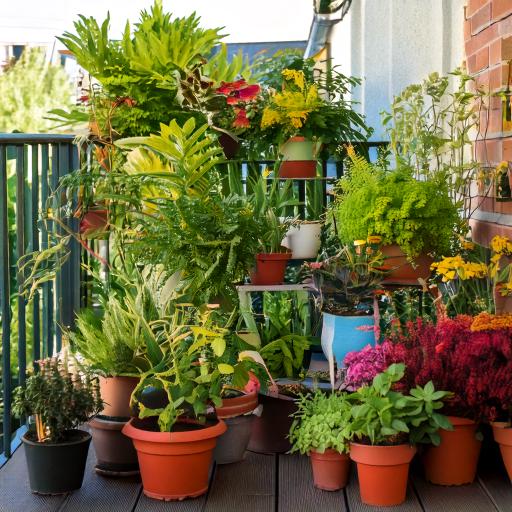
1. Understand Your Garden Plant’s Needs
Each plant has unique requirements. Before diving into gardening, take time to research the following:
- Light Needs: Does your plant prefer full sun, partial shade, or indirect light?
- Watering Frequency: Overwatering is a common mistake in gardening; ensure the soil is moist but not soggy.
- Soil Type: Plants thrive in soil that suits their specific needs, whether sandy, loamy, or clay.
2. Choose the Right Tools for Gardening
Investing in quality gardening tools will make plant care easier. Essentials include:
- A watering can with a fine spout for even watering.
- Pruning shears for trimming dead or overgrown leaves.
- A trowel for planting and soil adjustments.
- Gloves to protect your hands from dirt and thorns.
3. Master the Art of Watering
Proper watering is one of the most critical gardening tips:
- Indoor Plants: Use pots with drainage holes to prevent waterlogging.
- Outdoor Plants: Water early in the morning or late in the evening to minimize evaporation.
- Seasonal Adjustments: Reduce watering in winter when plants grow slower.
4. Optimize Soil Health
Healthy soil is the foundation of successful gardening. Test your soil’s pH levels and add compost or organic fertilizers to enrich it. Regularly aerate the soil to improve oxygen flow to the roots.

5. Control Pests Naturally
Pests can hinder your gardening efforts, but chemical solutions aren’t always necessary. Try these eco-friendly tips:
- Use neem oil or soap spray to deter harmful insects.
- Attract beneficial insects like ladybugs to control pests naturally.
- Remove infested leaves immediately to prevent the spread of pests.
6. Provide Seasonal Care
Plants require different care as seasons change:
- Spring and Summer: Focus on fertilizing and pruning for active growth.
- Autumn: Prepare plants for dormancy by reducing watering and adding mulch for insulation.
- Winter: Move sensitive plants indoors or cover them with frost protection.
7. Practice Regular Maintenance
Routine maintenance is essential for healthy gardening:
- Remove weeds that compete for nutrients.
- Deadhead flowers to encourage new blooms.
- Repot indoor plants when they outgrow their containers.
8. Enjoy the Benefits of Gardening
Gardening offers more than just beautiful plants. It improves air quality, reduces stress, and adds a touch of nature to your living space. Watching your plants thrive brings immense satisfaction and joy.
Gardening is a rewarding practice that fosters a connection with nature. By following these plant care tips, you can create an environment where your plants flourish, adding beauty and life to your home. Happy gardening!


